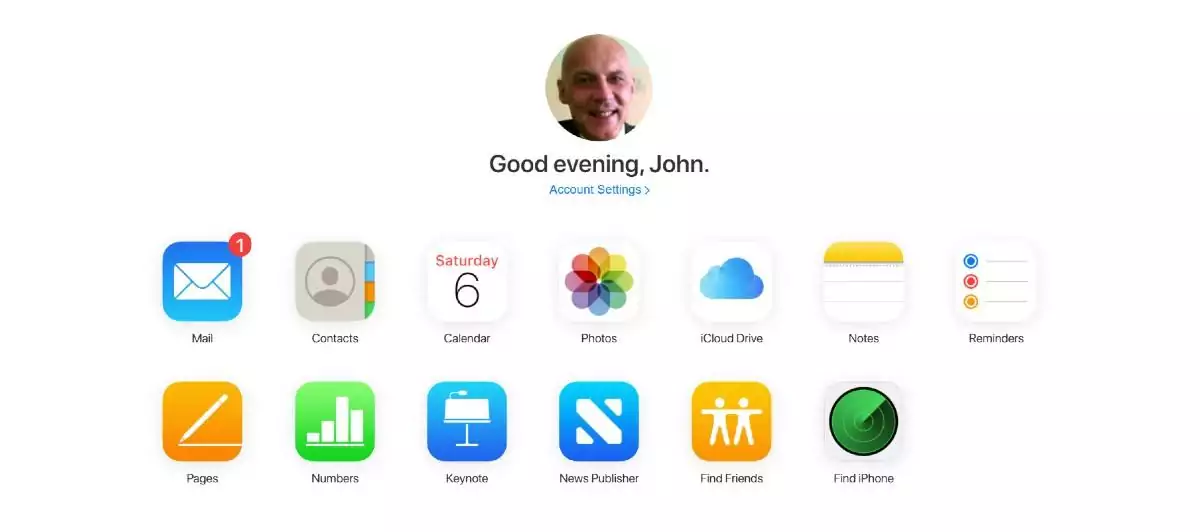Apple is facing a £3 billion class-action lawsuit from consumer advocacy group Which?, that has accused the company of overcharging millions of UK customers for iCloud storage services.
Apple gives every Apple user, 5G free of iCloud storage, and Apple has said users are not required to use and it works to “make data transfer as easy as possible,” for users.
Given that iCloud is used to store everything from backups and documents to photos and video from an Apple device, the basic 5GB is very quickly eaten up by the average iOS user.
For further storage, users need to pay and prices for this storage range from £0.99 a month for 50GB of space to £54.99 a month for 12TB.
Which? has enlisted an international law firm to handle the suit, marking one of the most high-profile legal challenges the company has faced in the UK.
Which?, filed with the Competition Appeal Tribunal, claims Apple has breached UK competition law by giving its iCloud storage service preferential treatment, “trapping” customers with Apple devices into using iCloud.
In a statement Which? said:
iOS has a monopoly and is in control of Apple’s operating systems and it is incumbent on Apple not to use that dominance to gain an unfair advantage in related markets, like the cloud storage market. But that is exactly what has happened.
A key tactic to achieve this has been encouraging users to sign up to iCloud for storage of photos, videos and other data while simultaneously making it difficult to use alternative providers, including because Apple does not allow customers to store or back-up all of their phone’s data with a third-party provider. iOS users then have to pay for the service once photos, notes, messages and other data go over the free 5GB limit.
Which? claims Apple has also overcharged users for these subscriptions.
Being “locked-in” to this service over time could come at a significant cost in terms of price, quality and choice. With Apple being such a dominant player in the phone and tablet market, this behaviour also creates a barrier for any new cloud service providers looking to enter the market and prevents healthy competition.
Which? claims the resulting lack of competition has led to consumers being overcharged each year, increasing up to £13.36 this year, through their monthly iCloud subscription fees. Apple raised the price of iCloud for UK consumers by between 20% and 29% across its storage tiers in 2023.
Which? is urging Apple to resolve this claim without the need for litigation by offering consumers their money back and opening up iOS to allow users a real choice for cloud services.
Anabel Hoult, Which? Chief Executive, said:
“We believe Apple customers are owed nearly £3 billion as a result of the tech giant forcing its iCloud services on customers and cutting off competition from rival services.
“By bringing this claim, Which? is showing big corporations like Apple that they cannot rip off UK consumers without facing repercussions. Taking this legal action means we can help consumers to get the redress that they are owed, deter similar behaviour in the future and create a better, more competitive market.”
An Apple spokesperson responded to the claim by denying that Apple users are forced to use iCloud.
“Apple believes in providing our customers with choices,” Our users are not required to use iCloud, and many rely on a wide range of third-party alternatives for data storage. In addition, we work hard to make data transfer as easy as possible – whether it’s to iCloud or another service.
“We reject any suggestion that our iCloud practices are anti-competitive and will vigorously defend against any legal claim otherwise,”
If the case is successful, the payout could equate to about £70 per affected customer, with the class action covering 40 million people who have used and paid for Apple’s iCloud storage since October 2015.



